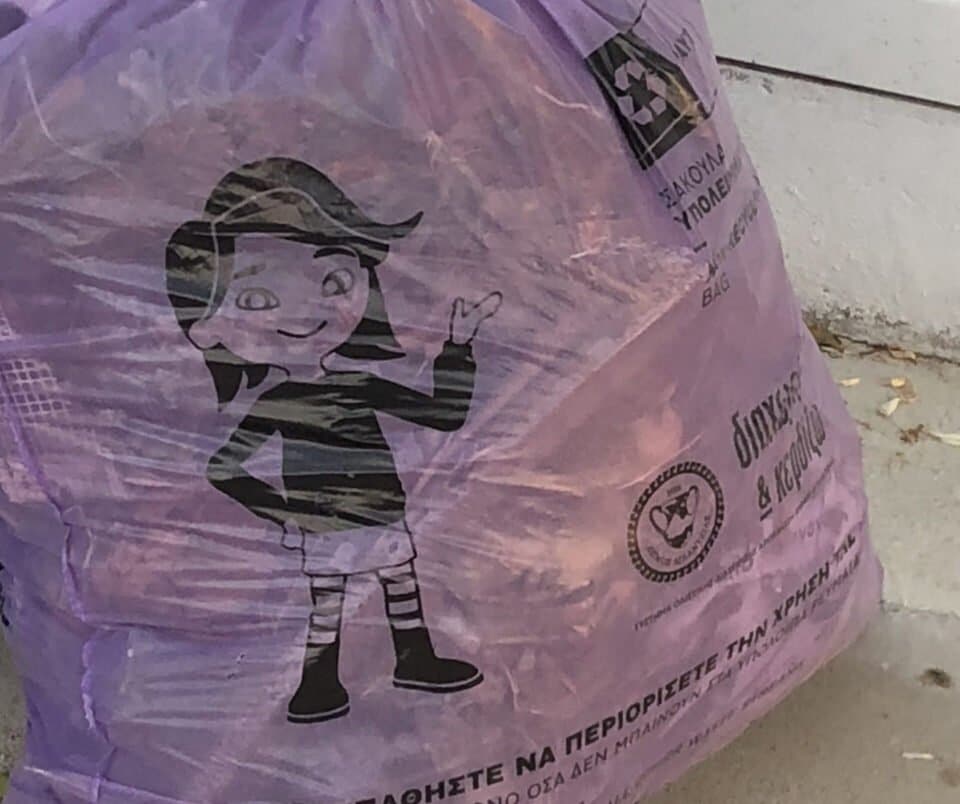The pay-as-you-throw scheme for rubbish collection is due to come into effect in the second half of this year, at least in some municipalities, deputies at the House environment committee heard last week.
After the meeting, committee president Charalambos Theopemptou said the main objectives were to increase recycling rates, ensure proper management of organic waste, and achieve the EU target of 55 per cent recycling and reuse by 2025.
However, one of the concerns voiced by deputies was that while in Europe a pay-as-you throw system dramatically reduces household expenses, in Cyprus it would result in an increase of approximately €140 per household annually.
Theopemptou said there would be a fixed fee of €180 per household. This is approximately what is charged already on average. What’s new is the cost of the special purple bags for recyclable rubbish. MPs heard that households would pay around €140 for these over the course of the year. With around 100 collections a year, each bag should cost around €1.40.
There is a lot to unpack here. For instance, the Nicosia municipality charges €220 per annum for rubbish collection twice a week. Does this mean this will be reduced to €180 per annum? Also, will large families be punished by the mere fact they will automatically produce more rubbish than a single or two-person household and thus will need to buy more bags?
Akel deputy Nikos Kettiros rightly pointed out that the government was pitting itself against the people by gouging them yet again instead of bringing them on board as allies through incentives to recycle more. There also is an assumption that everyone will comply. But sometimes people rebel, which will result in garbage being stuffed into non-purple bags and strewn around the countryside.
On the same day, figures were published telling us that Cyprus’ greenhouse gases went up almost four per cent.
As a standalone statistic, this sounds terrible. However, behind the data, the numbers show that Cyprus overall only accounts for 0.26 per cent of EU emissions, and 0.02 per cent of global emissions. According to EU blurb, we are the world’s 148th ‘largest emitter’. It sounds bad when phrased like that, but with 195 countries in the world, we’re actually very close to the bottom on the list of culprits. In other words, if Cyprus sank to the bottom of the Mediterranean tomorrow, the world would still march on to climate doom without us.
That’s not to say the public could not be less wasteful and do more for the environment. But successive governments could also have done more for the past three decades to ease this transition.
Now there’s the inevitable rush to catch up – from recycling, to energy and electricity reforms, to carbon taxes for transport – while the financial cost of these last-minute policies are being thrown at the public all at once. Environmental education to change mentalities has come too late, and now the only way they can think to get people on board is to punish them financially.







Click here to change your cookie preferences